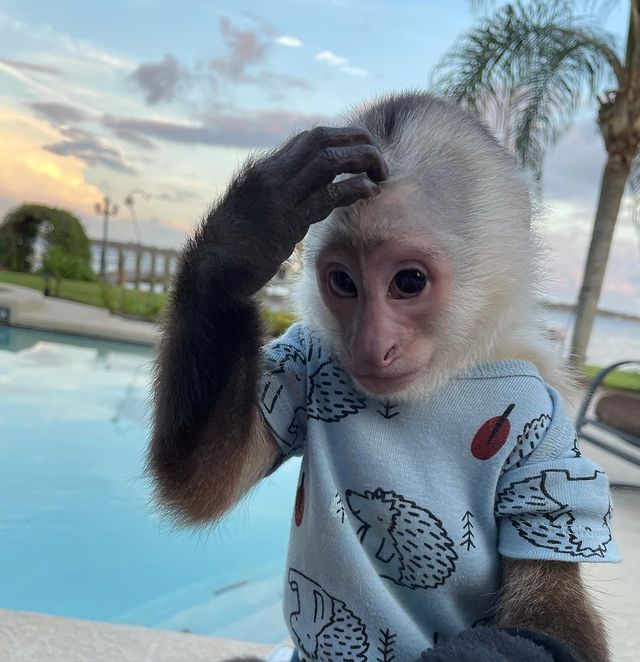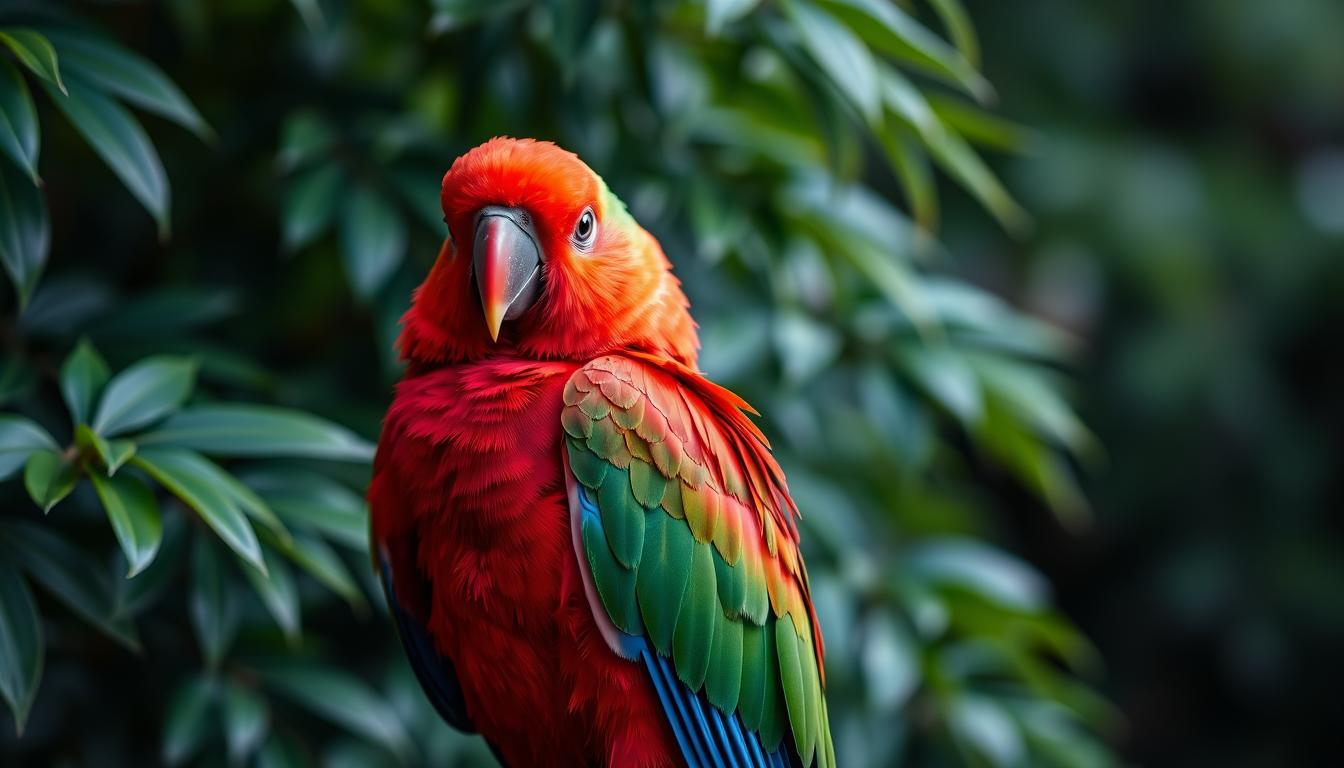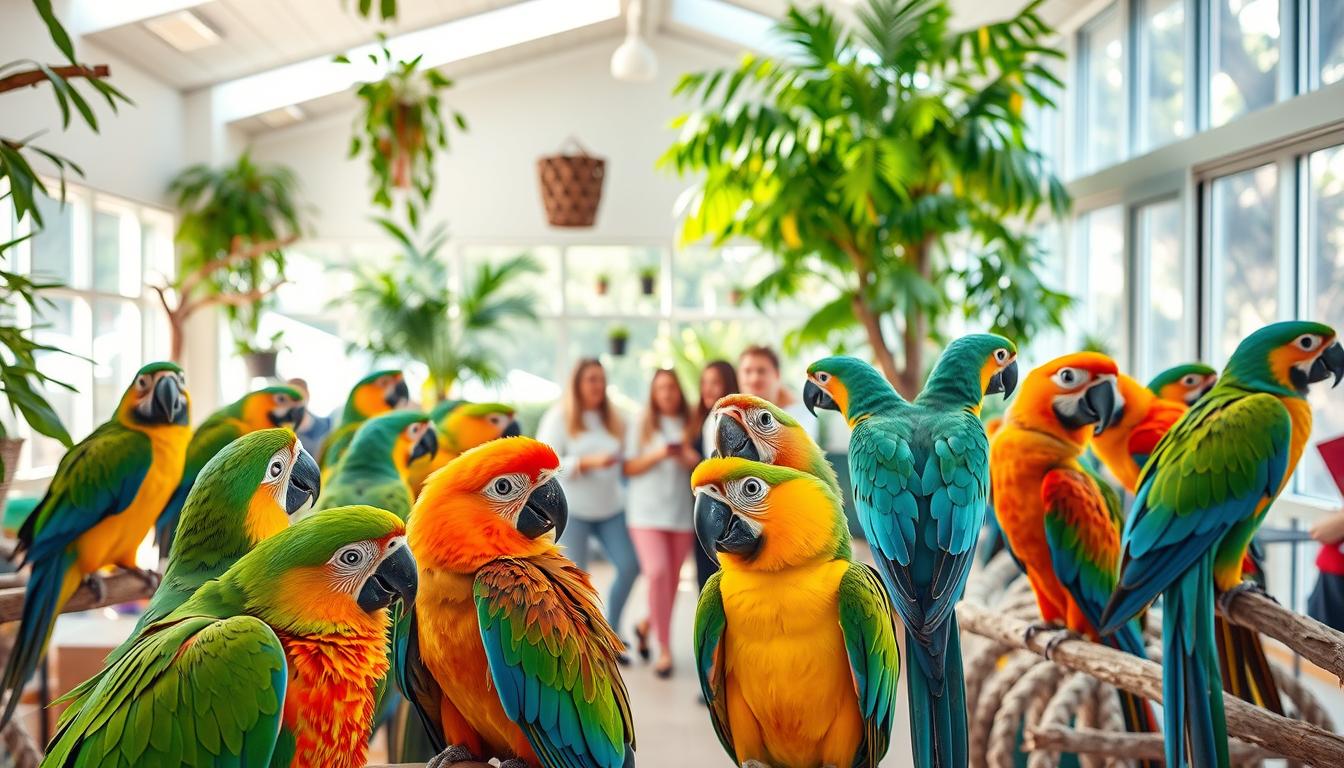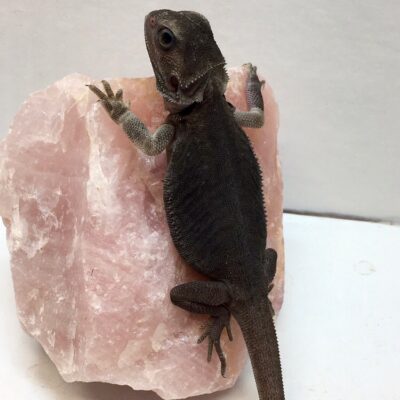
Baby Monkeys for Free Adoption – Responsible Adoption and Care
Getting a baby monkey may sound exciting, and many people are drawn to their adorable faces and lively personalities. But before rushing into adoption, it’s crucial to understand the responsibilities involved. Baby monkeys are not just cute pets; they are complex animals that need special care, legal permissions, and ethical treatment. Making informed choices protects both you and the monkey in the long run.
Understanding Baby Monkeys: Species, Traits, and Behavioral Traits
Common Species of Baby Monkeys Available for Adoption
Many people look for monkey species like Capuchins, Marmosets, and Squirrel monkeys. Each species has its own unique traits and needs. Capuchins are intelligent and curious, but they can become stubborn and need mental stimulation. Marmosets are small, easy to handle, and require less space, but they are highly social and need companionship. Squirrel monkeys are energetic and social but can be more challenging to care for.
Behavioral Traits and Developmental Stages
Baby monkeys are playful and curious, but they change rapidly as they grow. From birth, they nurse and cling closely to their mothers. By three to six months, they start exploring more on their own. During adolescence, they can become more independent or even aggressive if not handled properly. Each stage requires careful attention, patience, and the right environment.
Why Choosing the Right Species Matters
Picking the right monkey for your home depends on your experience and lifestyle. Some species can adapt easily, while others need complex social interactions. Remember, a monkey is a long-term commitment—some can live over 20 years. It’s best to choose wisely so you’re prepared for the future.
Legal and Ethical Considerations in Adopting Baby Monkeys
Legality of Baby Monkey Adoption by Region
Laws vary widely around the world. In some states or countries, it’s illegal to own a baby monkey without special permits. Other places may completely ban exotic pet ownership. Always check your local regulations before even thinking about adoption.
Ethical Concerns and Welfare Issues
Many baby monkeys in pet trade are stolen from the wild or bred in poor conditions. The illegal pet trade fuels animal cruelty and harms wild populations. Babies taken from their mothers face a tough life in captivity, often with health issues. Respect for wildlife and their survival is key when considering adoption.
How to Ensure Responsible Adoption
Always go through reputable rescue organizations or sanctuaries. Ask for documentation that proves the monkey was ethically obtained. Avoid shady online listings or breeders that seem untrustworthy. Supporting conservation groups helps protect wild populations and promotes ethical treatment.
Where to Find Free Baby Monkeys for Adoption
Legitimate Sources and Platforms
The best places to find baby monkeys are wildlife rescue centers, sanctuaries, and rehabilitation organizations. Many of these groups occasionally have older or surplus monkeys available for adoption, sometimes even at no cost. Look for trusted charities and local rescue groups online.
How to Identify Genuine Adoption Opportunities
Signs of legitimate organizations include clear licensing information, positive reviews, and transparency about their animals’ histories. Be wary of listings that ask for large upfront payments or lack detailed information. Good rescues prioritize the welfare of their animals.
Tips for Connecting with Reputable Rescues
Before adopting, ask about the monkey’s background, health, and needs. Request to visit the facility to see how the animals are kept. Conduct background checks and speak with previous adopters if possible. A serious organization will be open to questions and visits.
The Adoption Process and Requirements
Preparing Your Home for a Baby Monkey
Create a safe, space-rich environment. Set up an enclosure with sturdy bars, plenty of toys, and hiding spots. Keep dangerous items out of reach. Monkeys need a clean, stimulating space and a balanced diet of fruits, vegetables, and specially formulated foods.
Adoption Application and Screening
Most rescues will ask for proof of experience or knowledge about caring for primates. They may also request home visits and references. Be ready to show you can provide a permanent, caring environment.
Costs and Ongoing Care Expenses
Even if the monkey is adopted for free, costs don’t stop there. Food, veterinary visits, toys, and environmental enrichment add up. Be prepared for ongoing expenses to keep your monkey healthy and happy.
Care and Rehabilitation of Baby Monkeys
Immediate Post-Adoption Care
Bring the monkey home gradually. Keep things familiar and provide comfort. Monitor behavior closely and watch for signs of stress or illness. Handling should be gentle and consistent to build trust.
Nutrition and Enrichment
Feed age-appropriate foods, like soft fruits and specialized monkey diets. Encourage mental stimulation through toys, puzzles, and social interaction. Exercise and playtime are vital for healthy development.
Veterinary Care and Health Management
Regular checkups are essential. Find a vet experienced with exotic animals. Watch for symptoms like changes in appetite, lethargy, or unusual behavior. Quick action can prevent serious problems.
Risks, Challenges, and Responsibilities
Behavioral Challenges and Training
Baby monkeys can be mischievous or aggressive if not properly socialized. Consistent handling and positive reinforcement work best. If aggression arises, consult a professional trainer familiar with primates.
Long-term Commitment and Ethical Responsibilities
A monkey’s lifespan means many years of care. They need constant companionship, attention, and proper health management. Think long-term before making this decision. Responsibility doesn’t end once you bring them home.
Potential Legal and Ethical Pitfalls
Illegal or unethical adoption exposes you to legal penalties and harms the animal welfare. Always choose reputable sources and follow all laws. Respecting the animal’s well-being must come first.
Conclusion
Adopting a baby monkey for free can be tempting, but it’s not a decision to take lightly. It requires thorough research, legal awareness, and a commitment to ethics. Always prioritize the monkey’s welfare and stay within the law. Responsible adoption benefits everyone—especially the animals—and leads to a happier, healthier life for your new pet.
If you’re considering adopting a baby monkey, start by contacting reputable rescue groups. Remember, a responsible choice is a lifelong one. Make sure you’re ready to provide care, love, and respect for your new monkey friend. Your efforts can help protect these wonderful animals and support their future well-being.










